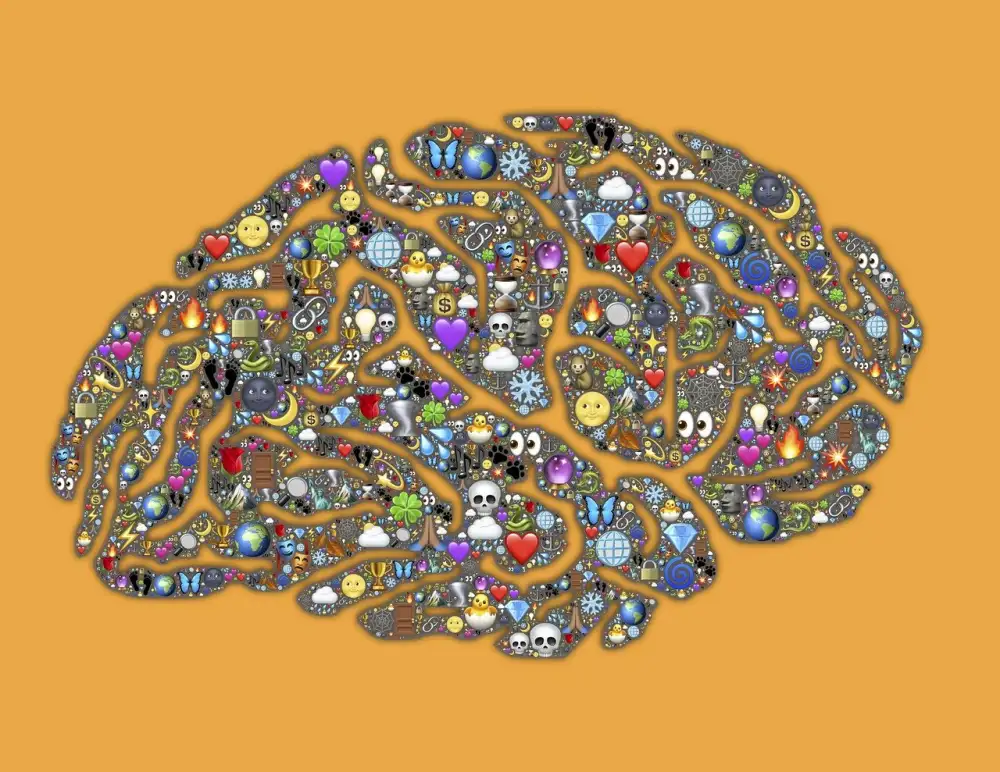Unlocking the Power of EMDR Therapy to Overcome Negative Cognitions

Eye Movement Desensitization and Reprocessing (EMDR) therapy is a powerful psychotherapy approach that has been proven effective in treating various mental health conditions, including post-traumatic stress disorder (PTSD), anxiety, and depression. Negative cognitions, also known as negative beliefs or thoughts about oneself, play a significant role in perpetuating these mental health issues. EMDR therapy aims to identify and reprocess these negative cognitions to promote healing and positive change in individuals' lives. In this article, we will explore how EMDR therapy can help individuals overcome negative cognitions and improve their mental well-being.
Understanding Negative Cognitions in EMDR Therapy
Negative cognitions, also known as negative beliefs or thoughts, are deeply ingrained perceptions about oneself that can be detrimental to mental health. In EMDR therapy, these negative cognitions are identified as core beliefs that shape how individuals view themselves and the world. These beliefs often stem from past traumatic experiences and can lead to feelings of worthlessness, helplessness, or being unlovable. Understanding these negative cognitions is crucial in EMDR therapy as it allows therapists to target and reprocess them effectively to promote healing and positive change.
Impact of Negative Thoughts on Mental Health
Negative thoughts can have a profound impact on mental health, leading to increased levels of stress, anxiety, and depression. Research has shown that persistent negative cognitions can contribute to the development and maintenance of various mental health disorders. These thoughts can distort perceptions of reality, lower self-esteem, and hinder problem-solving abilities. Addressing negative cognitions is crucial in promoting overall mental well-being and improving quality of life.
How EMDR Therapy Addresses Negative Cognitions
In Eye Movement Desensitization and Reprocessing (EMDR) therapy, negative cognitions are targeted through a structured approach that includes bilateral stimulation such as eye movements, taps, or sounds. This process helps to reprocess distressing memories and associated negative beliefs, allowing for the creation of more adaptive and positive cognitions. By engaging in this dual attention task while focusing on the traumatic memory, individuals can experience a reduction in the emotional charge linked to negative thoughts. Through repeated sets of bilateral stimulation, EMDR facilitates the integration of new information and perspectives, leading to a shift in how individuals perceive themselves and their experiences. This method enables clients to replace maladaptive beliefs with healthier ones, ultimately promoting psychological healing and well-being.
Case Studies and Success Stories
One successful case study involves a 35-year-old woman who experienced severe anxiety and low self-esteem due to childhood trauma. Through EMDR therapy, she was able to reprocess negative memories and beliefs about herself. After several sessions, she reported feeling more confident, less anxious, and had a more positive self-image. Another case involved a combat veteran struggling with PTSD. EMDR therapy helped him process traumatic memories and reduce his hypervigilance, leading to improved sleep quality and overall well-being. These success stories highlight the transformative power of EMDR in overcoming negative cognitions and improving mental health.
Tips for Managing Negative Cognitions Outside Therapy
Tips for managing negative cognitions outside of therapy include practicing mindfulness and meditation to increase self-awareness and reduce stress. Engaging in regular physical exercise can also help improve mood and cognitive function. Building a strong support network of friends and family members can provide emotional support during challenging times. Additionally, maintaining a healthy lifestyle with proper nutrition and sufficient sleep is essential for overall mental well-being. Incorporating positive affirmations and gratitude practices into daily routines can help shift focus from negative thoughts to more positive perspectives.
In conclusion, EMDR therapy has shown great promise in helping individuals overcome negative cognitions and improve their mental health. By targeting and processing traumatic memories, EMDR can effectively reduce the impact of negative thoughts on one's well-being. As research continues to support the efficacy of EMDR, we can expect to see more widespread adoption of this therapy in treating various mental health conditions. The future outlook for EMDR therapy is bright, offering hope and healing for those struggling with negative cognitions.
Published: 15. 03. 2024
Category: Health



